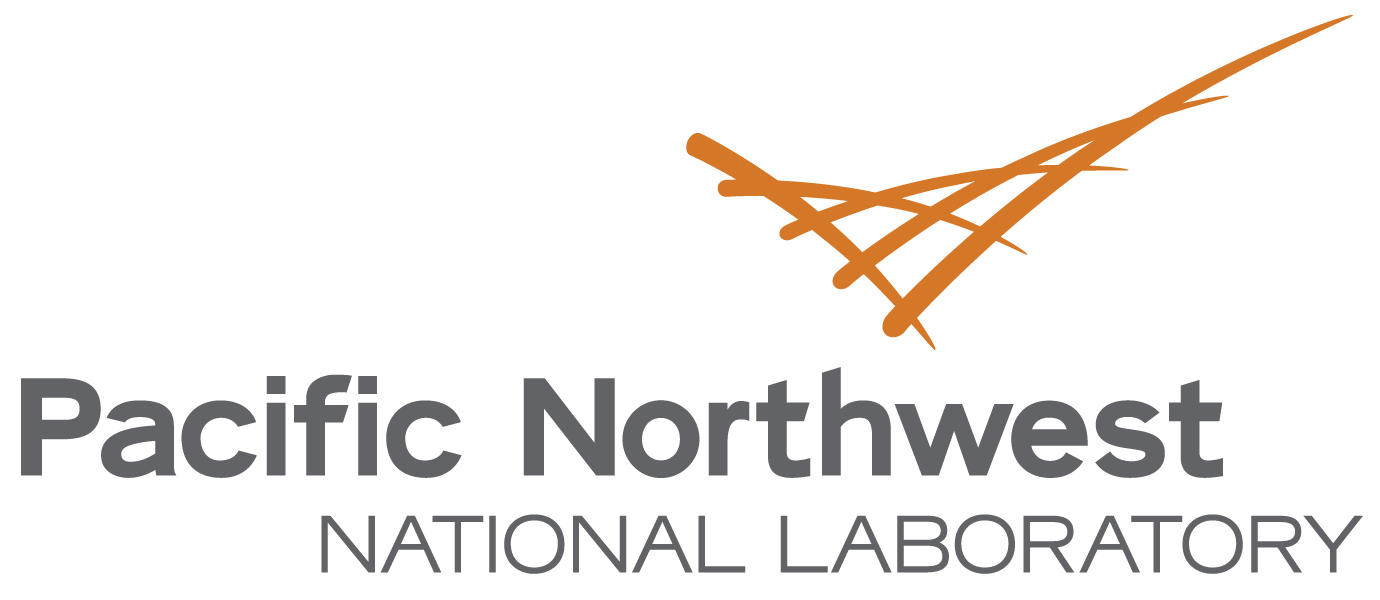The signing of the official memorandum of understanding took place at ASU on Sept. 29 on ASU's Tempe campus.
ASU and PNNL have collaborated successfully in the past on projects including power grid resilience, climate change and environmental sustainability. The agreement paves the way for both ASU and PNNL to leverage their capabilities to achieve mutual objectives which include attracting new funding in global security and complex systems science and developing immersive learning opportunities for students.
"ASU has already proven to be a great partner as both PNNL and the University strive to further solutions to global security and sustainability through better understanding of complex adaptive systems," said Doug Ray, director of strategic partnerships at PNNL. "We are impressed with ASU's commitment to innovation and are looking forward to creating opportunities to engage collaboratively on important research projects."
Not only will the agreement foster innovative research between PNNL and ASU, but it will also open a pipeline for eventual joint appointments, and extend national laboratory resources to students.
"PNNL and ASU share common goals for advancing research in key areas that will have an impact on our local and global communities" says Sethuraman "Panch" Panchanathan, senior vice president of research, entrepreneurship and economic development at ASU's Office of Knowledge Enterprise Development. "We are delighted to build upon our existing collaborations that will further our efforts to create sustainable solutions to energy security, climate change, resiliency and more."
Nadya Bliss, director of ASU's Global Security Initiative (GSI) agrees that the mutual interests of each organization will greatly benefit the collaborative research efforts of the newly signed agreement. "Given our existing ongoing efforts both in global security and sustainability as well as complimentary strength and expertise to address national and global wicked problems, it made sense to expand and formalize the collaboration between our two organizations," said Bliss. "On a personal note, I have had the pleasure of working closely with PNNL's Joint Global Change Research Institute and have been thoroughly impressed by both the ongoing research at JGCRI and effectiveness of our two organizations working together."
In announcing the agreement, both Ray and Panchanathan said PNNL and ASU are committed to discovery and innovation to address the complex problems facing the world today. ###
Arizona State University is a New American University, promoting excellence in its research and among its students, faculty and staff, increasing access to its educational resources and working with communities to positively impact social and economic development.
Interdisciplinary teams at Pacific Northwest National Laboratory address many of America's most pressing issues in energy, the environment and national security through advances in basic and applied science. Founded in 1965, PNNL employs 4,300 staff and has an annual budget of more than $1 billion. It is managed by Battelle for the U.S. Department of Energy's Office of Science. As the single largest supporter of basic research in the physical sciences in the United States, the Office of Science is working to address some of the most pressing challenges of our time. For more information on PNNL, visit the PNNL News Center, or follow PNNL on Facebook, Google+, LinkedIn and Twitter.
